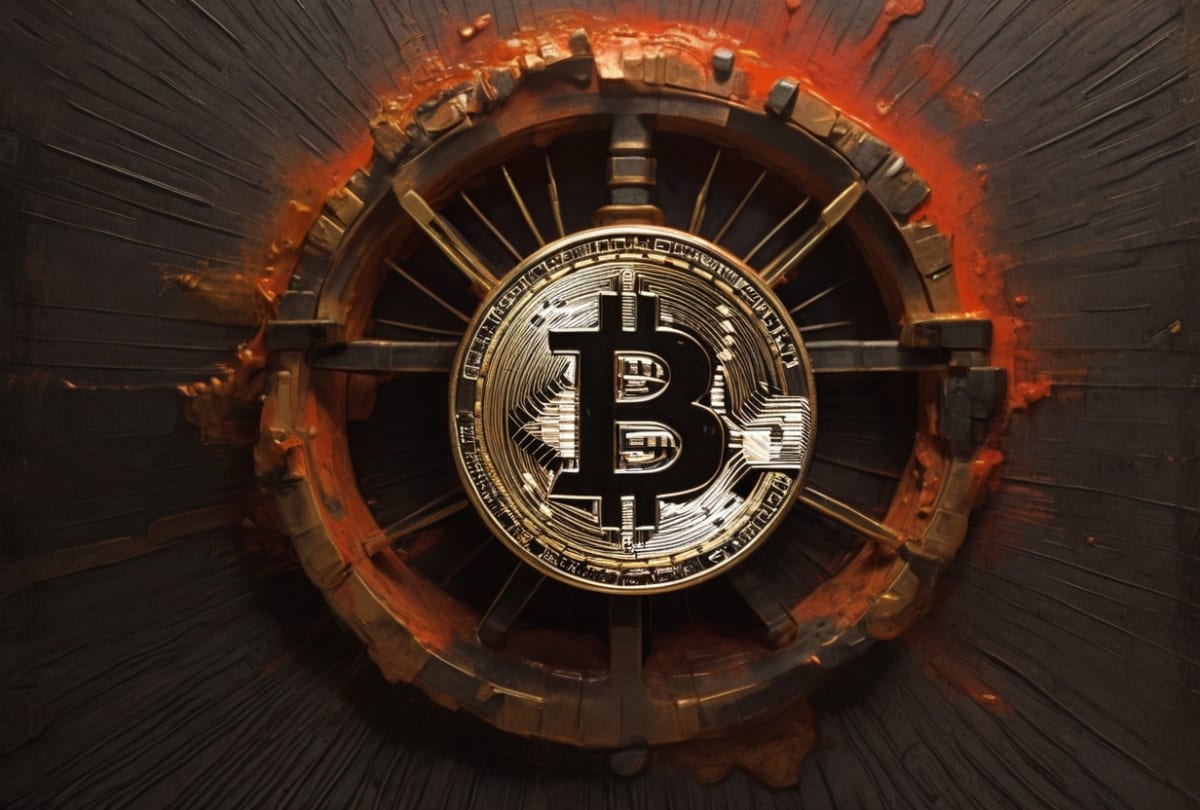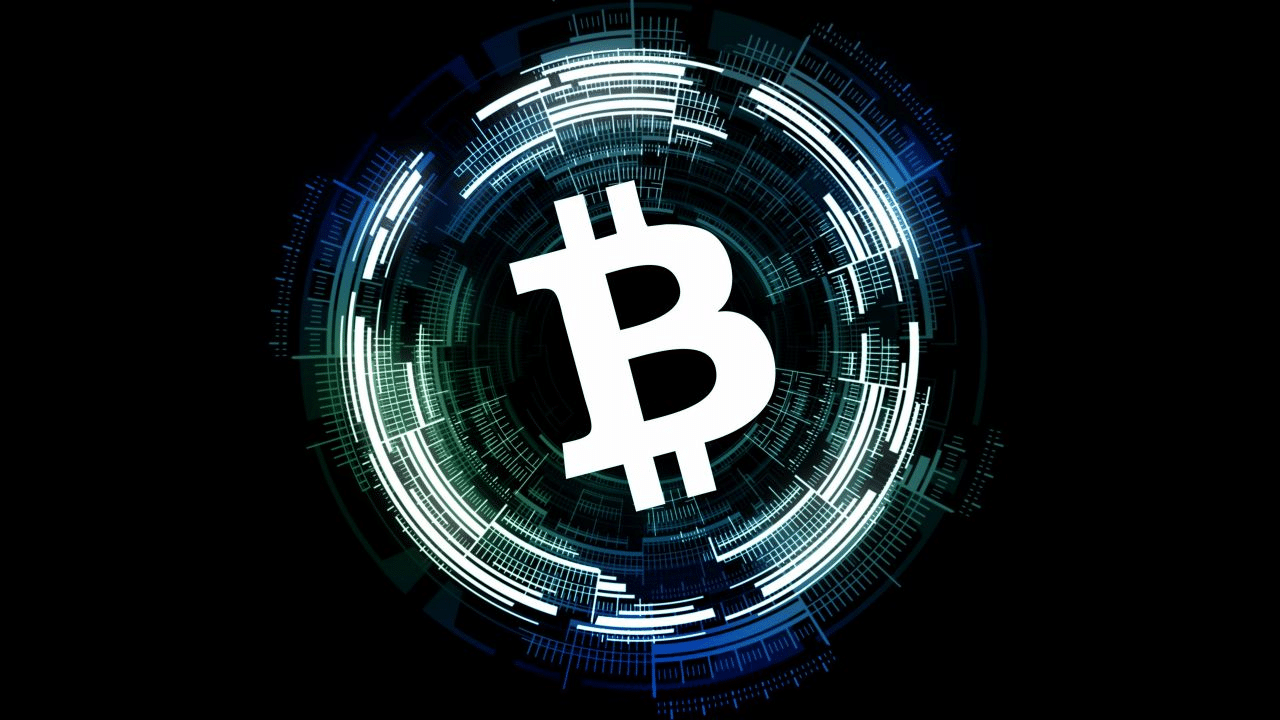Bitcoin is pure anarchy


Anarchy is a very divisive word for many people, essentially conjuring up in people’s minds the idea of complete and unfettered chaos. This is not what anarchy means. It is simply a system without a ruler or central authority where all cooperation and coordination is purely voluntary among peers within the system. The origin of the original Greek word anarhkia literally means “without ruler.” An means outside, and Arkhia means ruler.
This concept is the fundamental reality of why Bitcoin functions as a decentralized network and protocol. There is literally no one in charge of the network. If so, it would not be a decentralized system made up of sovereign individuals who voluntarily choose to interact with each other.
People tend to view Bitcoin as something like the laws of physics, an objective truth that serves as a frame of reference for humans. That’s not true. This concept confuses the boundaries between objectivity, intersubjectivity, and subjectivity.
Objective truth is truth that exists regardless of people’s subjective beliefs about it. In other words, the law of gravity means that any object with enough mass will have a gravitational effect on all other objects around it. No matter how much you refuse to believe this fact of the universe, the universe will not change. We can convince all of humanity, down to the last man, woman and child, that the law of gravity does not really exist. This won’t prevent gravity from affecting them all.
Now let’s take the dollar value as an example. Is the dollar intrinsically valuable? Is that a statement of objective truth? It’s not like that. The only reason a dollar has value to an individual is because they value it subjectively. Why do individuals subjectively value the dollar? This is because other individuals also subjectively value the dollar. this It is intersubjectivity.
This is simply a subjective perspective shared by many individuals. This is Bitcoin, a decentralized, intersubjective system. So what is the difference between Bitcoin and the dollar? Absence of rulers and coercion. The dollar system has people in charge of it: the Federal Reserve, commercial banks that actually provide credit and issue new dollars, and government agencies that regulate the use of dollars and can interact with them. There are tax authorities. Mandatory use to fulfill tax obligations.
Bitcoin has no equivalent ruler. There is no Federal Reserve in the United States, nor are there commercial banks that dictate when and how much dollars are in circulation. There is no tax that anyone is forced to pay. It is simply a set of decentralized economic agents that voluntarily execute pieces of code to interact with each other.
“But Bitcoin has rules.” Yes, it is. It is something people voluntarily choose. There is no power structure or governance structure involved in creating these rules. Satoshi Nakamoto presented it to the world, person by person Who joined the network from that moment on You are free to choose to adopt that rule.. There is no structure that says, “These are the rules.” There is simply a set of rules that everyone voluntarily and completely chooses to follow.
Even changes to the rules that have occurred over the years are purely voluntary in nature. There was no governance structure or authority to impose this on anyone. There are no “rules that change the rules.” Anyone can take to the social forum at any time and propose new rules to be added to the Bitcoin protocol and network. People can choose to adopt a new rule at any time, and if a critical mass of people do so, it now becomes the rule of the network.
People often think that because the protocols and networks themselves have rules, there is some kind of “meta-rules” framework surrounding them. These meta-rules are a kind of binding requirement to satisfy some purpose or characteristic of the system that must be followed to change the rules of the system itself or cannot be changed or evolved over time. This completely fails to internalize the reality of what an anarchic system actually is. There are no rules other than those people voluntarily choose to follow..
Within the confines of these rules there is anarchy. Anything anyone can do voluntarily while interacting with others is permissible within the scope of these rules. Even these rules themselves are pure anarchy, the result of agreements reached through a process of people voluntarily interacting within a chosen framework. No matter how much you want to twist and distort the definition in your head to fit a different framework, it is what it is.
There is no right of appeal here. There are no rules that people are required to follow other than the consensus rules themselves. You can’t even require or force it.. What you can do is hope People continue to choose to follow them for their own benefit. A persuasive individual or group can always convince others to even change them. If that happens, There is nothing you can do except try to be more persuasive..
That is anarchy. It is a free association without any type of authority, coercion, or control over who others associate with or under what conditions they associate. Bitcoin is anarchy, and if that fact makes you nervous or makes you instinctively want to oppose it, the reality is that you don’t understand Bitcoin at all.

